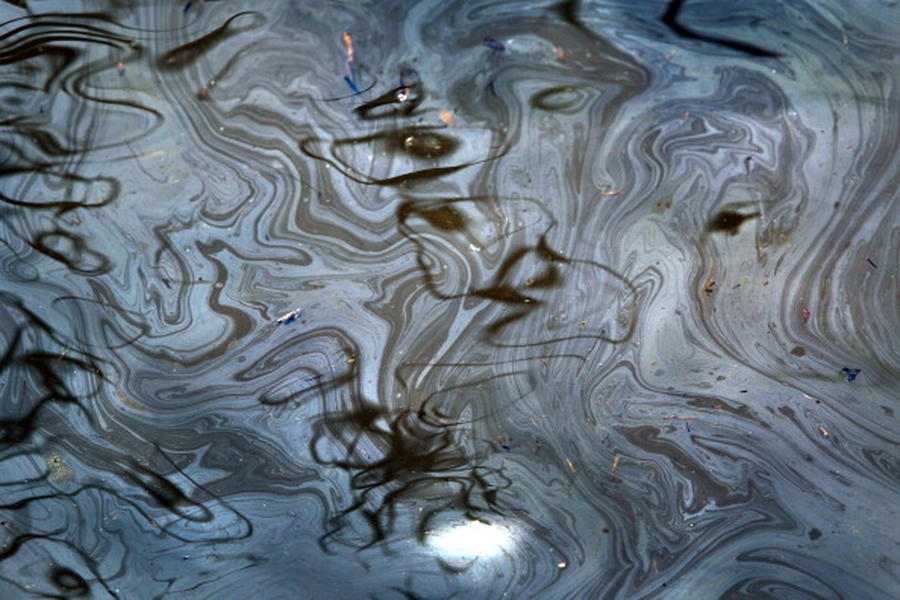Scientists discover oily 'bathtub ring' the size of Rhode Island while studying BP oil spill


A free daily email with the biggest news stories of the day – and the best features from TheWeek.com
You are now subscribed
Your newsletter sign-up was successful
Researchers studying the effects of the 2010 BP oil spill have found an oily "bathtub ring" the size of Rhode Island on the sea floor.
An estimated 172 million gallons of oil spilled into the Gulf of Mexico during the disaster, and scientists are trying to determine where it all went. A new study suggests that 84 million gallons coagulated on the sea floor around the Deepwater Horizons oil rig.
Using data from the Natural Resource Damage Assessment conducted by the National Oceanic and Atmospheric Administration, researchers found a 1,250-square-mile patch of sea floor where they believe 2 to 16 percent of the oil settled; the analysis suggests the deposits came from the Macondo well and eventually made their way to the sea floor.
The Week
Escape your echo chamber. Get the facts behind the news, plus analysis from multiple perspectives.

Sign up for The Week's Free Newsletters
From our morning news briefing to a weekly Good News Newsletter, get the best of The Week delivered directly to your inbox.
From our morning news briefing to a weekly Good News Newsletter, get the best of The Week delivered directly to your inbox.
BP told The Associated Press in an email that the study's authors "fail to identify the source of the oil, leading them to grossly overstate the amount of residual Macondo oil on the sea floor and the geographic area in which it is found." The authors say that while too much time has passed to do a chemical analysis, other signs — including the depth of the oil and its distance from the well — point to it coming from the BP rig.
A free daily email with the biggest news stories of the day – and the best features from TheWeek.com
Catherine Garcia has worked as a senior writer at The Week since 2014. Her writing and reporting have appeared in Entertainment Weekly, The New York Times, Wirecutter, NBC News and "The Book of Jezebel," among others. She's a graduate of the University of Redlands and the Columbia University Graduate School of Journalism.
